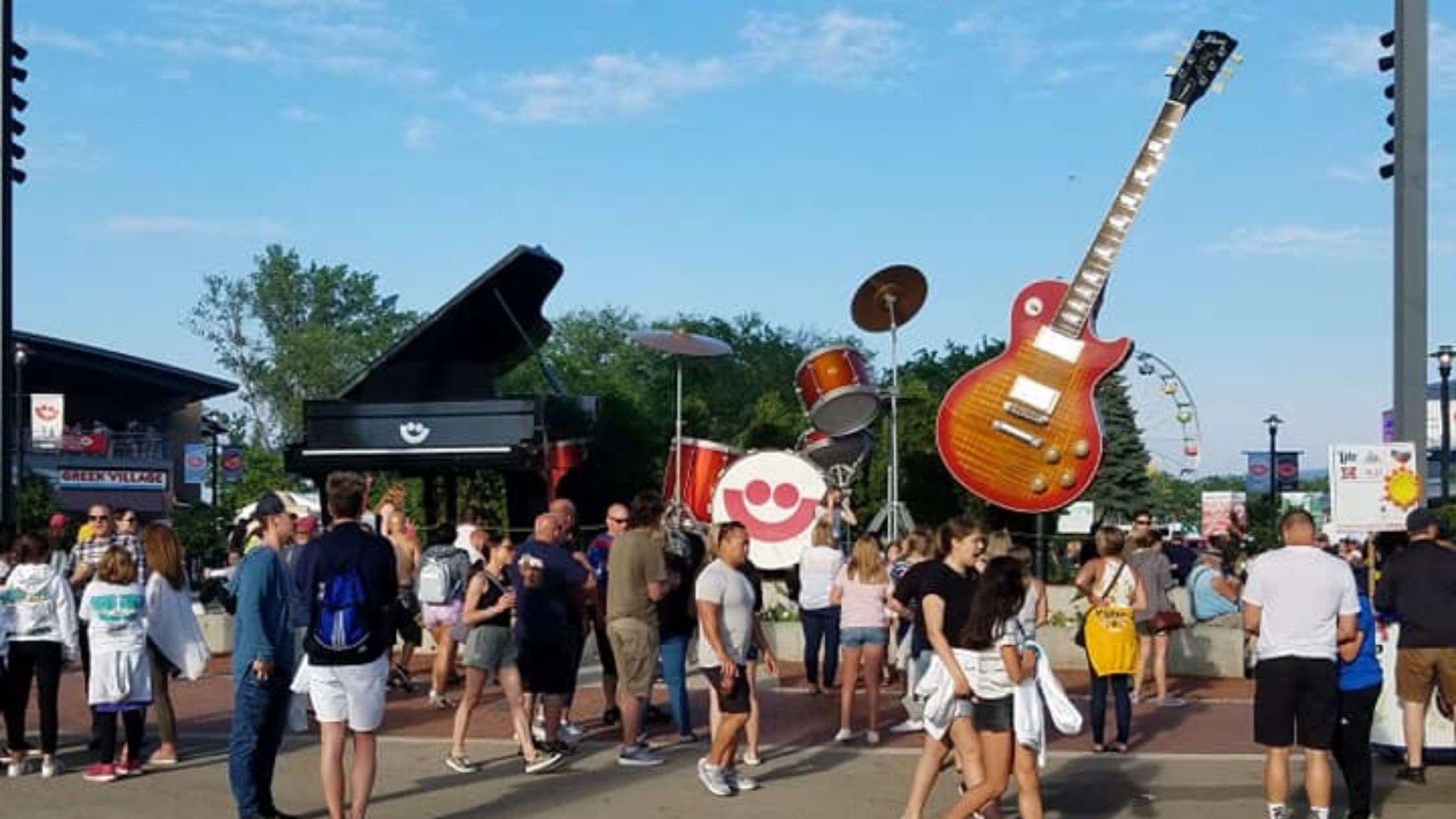
How Travel Brands Can Win AI Search
Authored by: Kelsey Blum – Creative Director | Date Published: October 16, 2025
Here’s something Microsoft won’t say out loud, but their recent guidance on AI search optimization makes it crystal clear: if your travel content isn’t machine-readable, you might as well be invisible.
The game has changed. Where we once competed for position ten versus position one, we’re now fighting just to be included in the answer. And for destinations, hotels, and tour operators, that shift changes everything.
How Does AI Search Differ from Traditional Search?
Traditional search gave travelers options. AI search gives them solutions.
Instead of presenting a ranked list of links, AI platforms synthesize information from multiple sources into one coherent response. AI Overviews now appear in over 13% of all searches, with that number climbing rapidly from 6.49% in January 2025 to 13.14% by March (a 72% increase in just two months). That means your beautiful destination guide or carefully crafted hotel description might get summarized, referenced, or skipped entirely depending on how easily AI can extract and understand your content.
The brands winning this new game aren’t necessarily the ones with the biggest SEO budgets. They’re the ones structuring content so AI can “lift” pieces of it cleanly and present them to travelers who are ready to book.
How Should Travel Marketers Write Content for AI Search?
Your website still needs to inspire wanderlust and build trust with real people. But it also needs to speak a language that algorithms understand.
Start with the basics:
- Align your signals. Your page title, H1 tag, and meta description should communicate the same core message naturally, without keyword stuffing.
- Structure content around questions. AI is built to answer questions, so use them everywhere: as subheadings (“When Is the Best Time to Visit?”), in dedicated Q&A sections (“What’s the average cost of a week in Bali?”), and throughout your content. This matches how people actually search and makes it easy for AI to extract and present your answers.
Here’s a term you’ll hear constantly: semantic chunking. It means every section of your content should make sense on its own, without needing the paragraphs before or after for context. AI-generated summaries now appear for 30% of travel-related queries, and AI might pull just one paragraph or sentence into its response. If that excerpt doesn’t make sense independently, you’ve lost the opportunity.
What Is Schema Markup and Why Do Travel Websites Need It?
AI systems don’t just read your content, they categorize it. Structured data (schema markup) tells search engines exactly what your content represents and how it fits into the broader web.
For travel businesses, this is critical:
- Hotels should mark up amenities, pricing, reviews, location coordinates, and availability using Hotel or LodgingBusiness schema
- Events and tours can use Event or TouristTrip schema
- FAQs benefit from FAQPage schema, which Google officially supports for rich results
- Location information should include geographic coordinates and address details
Think of schema as translation software. It helps your content speak the native language of the systems deciding which brands travelers see first. Focus on schema types that Google officially supports for rich results, as theses are most likely to improve your visibility. If you’re not familiar with technical SEO, Schema.org provides comprehensive guides to get started.

What Type of Writing Style Works Best for AI Search?
As traveler marketers, we love storytelling. We craft narratives about transformative journeys and once-in-a-lifetime experiences. That’s still important, but AI doesn’t understand metaphors.
Keep sentences short. Answer questions directly. Make each section self-contained (there’s that semantic chunking again). Avoid references like “as mentioned above” or “see below” because AI won’t follow those breadcrumbs.
Your copy should read like a knowledgeable guide: clear and direct, but still human. And please, ditch the industry jargon. It never helped the traveler, and it only confuses the algorithm.
Does Traditional SEO Still Matter for Travel Websites?
You can’t get pulled into AI-generated answers if your site isn’t crawlable in the first place. The travel and hospitality industry currently averages 31% of total traffic from organic search, with organic search traffic valued at $12.3 million per domain on average. Traditional SEO fundamentals (backlinks, site speed, alt text, mobile optimization, internal linking) still form the base layer everything else sits on top of.
This isn’t an either/or situation. You need both traditional SEO and AI optimization working together. Being ranked isn’t enough anymore. You need to be readable, liftable, and trustworthy.
What This Means for Your Travel Brand
AI represents the biggest shift in search since mobile, and it’s happening faster than most people realize.
For travel marketers, this isn’t about gaming algorithms. It’s about designing content that genuinely serves travelers while making it easy for AI to understand and reference. The future of travel discovery won’t be buried ten links deep. It’ll be one synthesized answer, hopefully built from your best work.
The brands that adapt now (that restructure their content, implement proper schema, and embrace semantic clarity) will own visibility in this new space. The ones that wait will watch their competitors get cited instead.
The best time to start was yesterday. The second-best time is right now.

Why Brand House Marketing Understands Travel Marketing
We’ve worked with numerous travel and tourism businesses throughout Wisconsin, and being located near Wisconsin Dells (one of the state’s biggest tourist destinations), we understand this industry from the inside out. We know how travelers search. We know what they’re looking for. And we know how to make the booking and planning experience easier on them, and on you as the business owner.
But here’s what makes us different. Our other specialty is accounting marketing. That means we don’t just think about clicks and conversions. We think about the overall foundation of your business. we understand the importance of cash flow management, seasonal revenue projections, and how your marketing needs to align with your business realities. When tourism shifts in the off-season, you may need to be more strategic with your marketing dollars. When you’re ramping up for peak season, your content needs to be ready to capture that demand.
This combination means we’re not just another marketing agency. We’re a business partner who sees the full picture: attracting guests and managing the financial health that sustains your business through every season. Because at the end of the day, you’re not just trying to fill rooms or sell tickets. You’re building a destination that travelers return to year after year, and that requires a marketing partner who thinks like a business owner, not just a marketer.
The best time to start was yesterday. The second-best time is right now.
